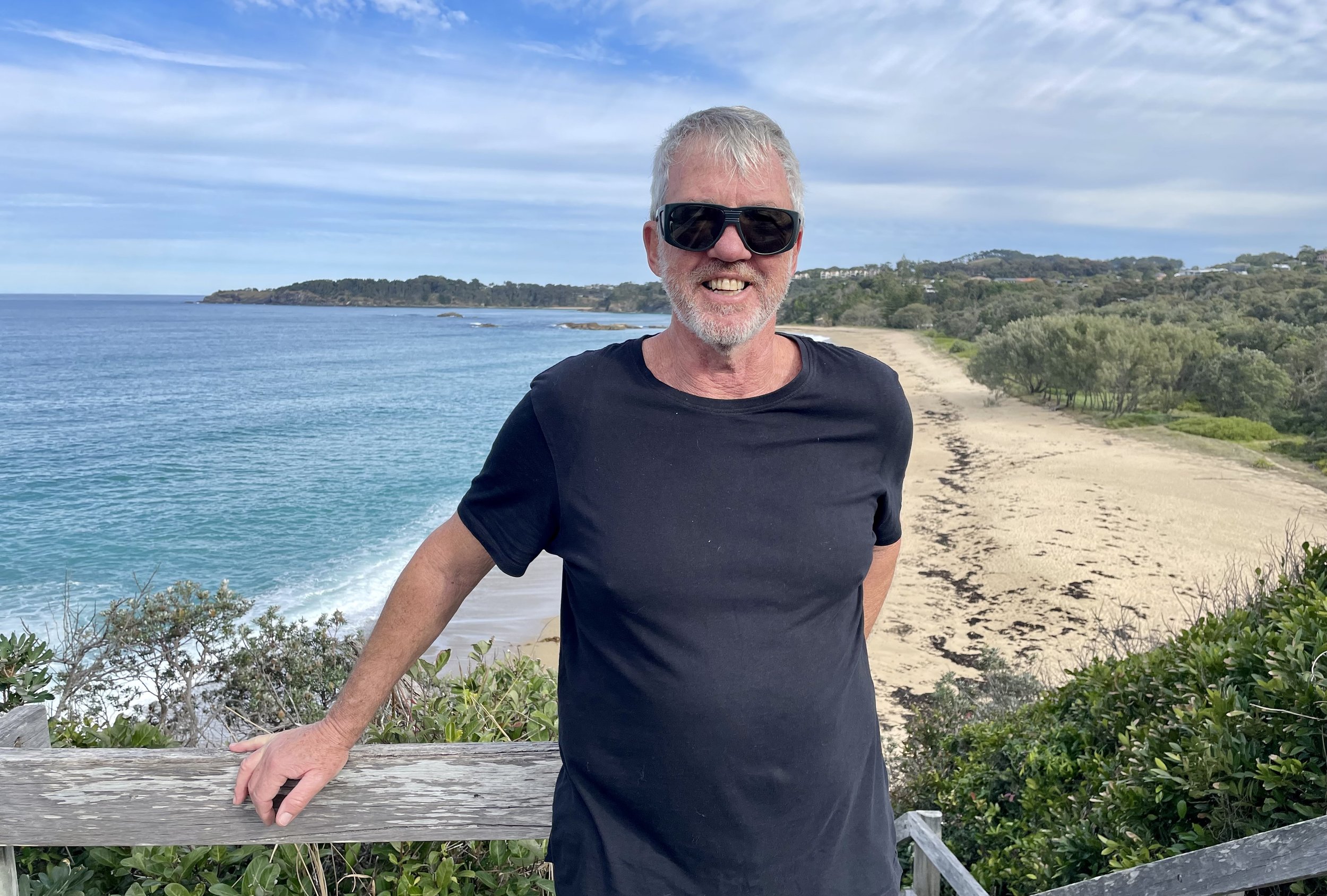
My Story
I am 69, live in Manly, happily married with 2 adult sons. I am also a suicide attempt survivor.
Feelings Before My Attempt
I had two conflicting emotions before my attempt. I wanted to end my mental pain but was also mired in guilt – How could I feel self-pity when blessed with a wonderful life, while many others face serious challenges including real pain with illnesses like cancer. But mental fog swamped my rational thinking, and I believed there to be a peace offered by suicide that was very appealing.
Family & Friends
Suicidal people face many stigmas including selfishness: “how could you do this to me?” I apologise to my family for the trauma I have caused. But sadly, at the time of my attempt, I was not thinking about them. All I was focused on was ending my mental pain.
So, how do you help a loved one battling suicide ideations? Love, listen, time. Be non-judgmental and show them you care. Difficult to do while you are dealing with your own emotions like grief, guilt, denial, anger. Be there for them and I mean really be there, present and connected. Give your loved one as much time as they need to share their troubled thoughts.
Road to Recovery
Let no one tell you otherwise, it is tough to pull yourself up from the deep despair of attempting suicide. You are physically tired and still overwhelmed by mental pain. But now you have the extra burden of failure in not completing what should have been an easy task. Fortunately, there is a silver lining. Most attempt survivors go on to live happy and contented lives. People like Oprah Winfrey and Elton John have done it. Elton John even wrote a song Someone Saved My Life Tonight. So why not you?
A word of caution. While over 90% of suicide survivors go on to live normal lives, many try again and sadly succeed. Please don’t think your loved one has recovered from their attempt because they seem happy and getting on with life. In many cases they still need your love, listening and time. Do this and you could well save their life.
Happily, I have started my road to recovery. Two organisations have played a big role in helping me: Beyond Blue ‘Way Back’ program and the Lifeline ‘Eclipse Group’. I also meet with mental health professionals and take my meds.
Self-Help
While there are excellent community resources to help suicide survivors, a big contributor to recovery is self-help. My go-to ‘self-help’ activity is long-distance walking. Last year I did over 1,000 kilometres walking the River Thames and Camino. Not only is long distance walking excellent exercise, but I also find the hours on the track mentally soothing. There is no rush, plenty of time to think and absorb nature and the surroundings, plus chat to the locals. Opportunities for self-help are endless. Walking, reading, swimming, meeting with friends, yoga, gardening. What do you enjoy?
Next Steps
There are plenty of resources for suicide attempt survivors. Unfortunately, they are scattered across many organisations. I have put together a website where you will find many resources in one, easily accessible place. Please check out www.suicide-survivors.au
For my fellow suicide attempt survivors, I wish you all the very best on your road to recovery. Your story isn’t over.
You matter more than you’ll ever know.
